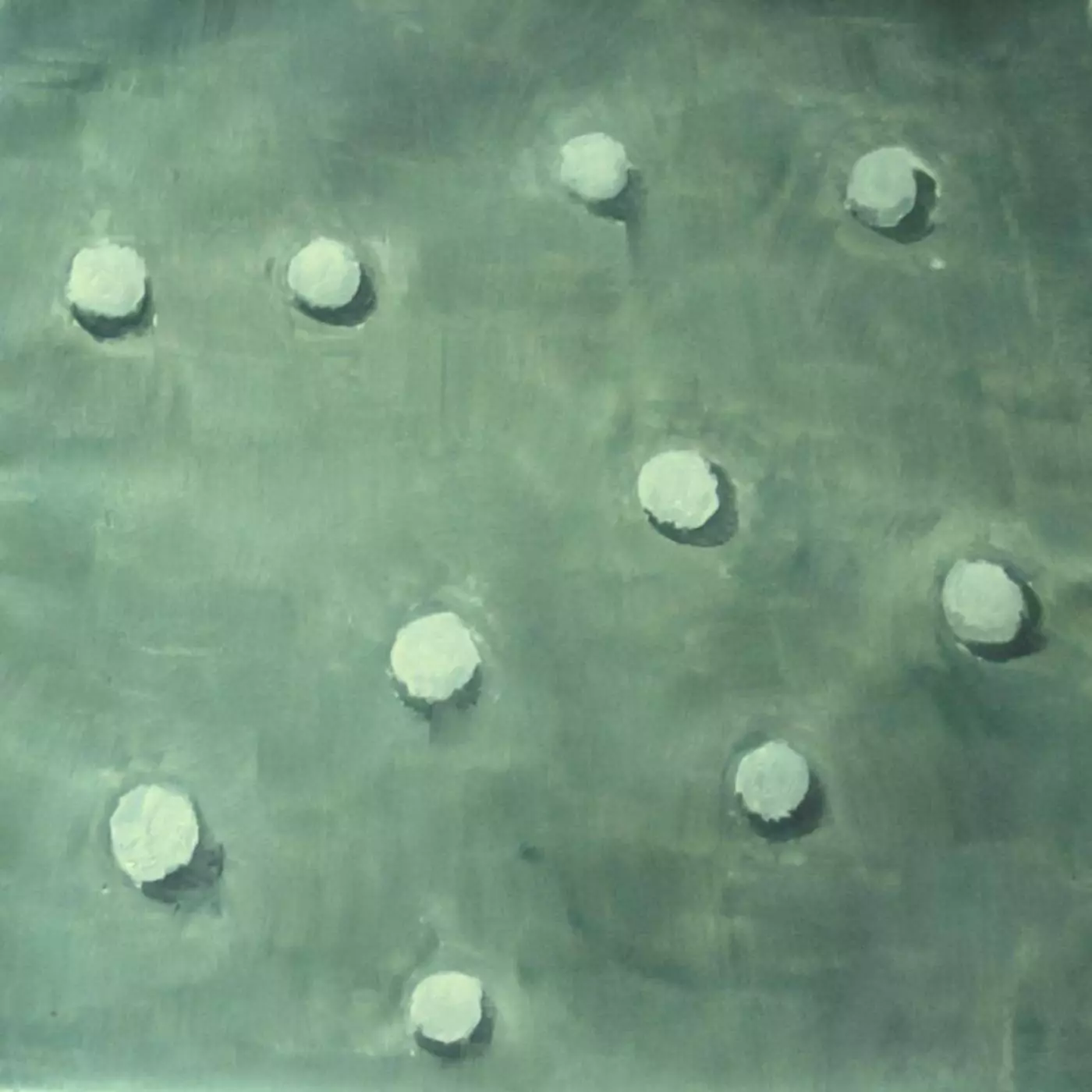Personal exhibition by Andrea Vogler.
Saturday, September 14th
Laboratory 51
Via trotti 58 Alessandria
"Industries of the sun" investigates the continuous exchange between image and ideology, understood not as an arbitrary and particular construction, but as a totalizing narrative that encompasses every difference and value. He tries to show how the image in its now desymbolized and infinitely available aspect, is forced at each step to confront itself with a reality in which its symbolic or didactic function dissolves into an inventory of autonomous signs, as if it were, that refract continually the existent in always new and contradictory codes. If the artistic act, whatever it may be, cannot draw on any truth, the subjective commitment remains, remaining in a question of meaning, in the renunciation of the pervasive version that sees the old problem of the relationship between reality and past illusion in favor of the 'unlimited virtual replication or ultimately assigns the art of a pure inventory function, of pretended catharsis by a mutilated subject, unable to retaliate in any way on a reality assumed as pure data and therefore felt unchangeable.
"If I had to describe my work I find myself facing a paradox. I try to say to say something through images, but I don't feel like a painter in the true sense. I miss the painter's madness, his desperate idea of being able to read the world through a particular perspective. This can disturb, but I think that this is the case, and it is also a way to remove anyone who has a too conventional approach to art in general.
I try to say to say something through images, but I don't feel like a painter in the true sense. I miss the painter's madness, his desperate idea of being able to read the world through a particular perspective. This can disturb, but I think that this is the case, and it is also a way to remove anyone who has a too conventional approach to art in general.
This is also connected to a certain idea that is now imposed by the artist, as a creator, manipulator of forms devoid of any ideal drive. For some, this takes on paroxysmal, super-nihilistic forms that in the end are not resolved in a game good to itself through which the figure, partly comic, partly sacred, of the contemporary artist emerges. It is an essential part of a postmodern mythology that has renounced all forms of transcendence, relegates the art of being interpreted by the thrusts of the social body into a one-time name of a real orthodoxy more or less explicit. The authorized transgression, the elephantine installationism, the performative delirium of some authors fit precisely into this logic. If, some time ago, Bonito Oliva called Hermann Nitsch, one of the greatest artists of our time, he does it in the name of a grammar of which he is not even aware, but of which he becomes a rigid and ruthless performer. For my part I accepted the idea of a blind spot in the world that goes beyond any representation and as such is destined to escape any possibility of control. For an artist this can be felt as a defeat or as a mission, depending on what one wants to recognize, whether in what Baudrillard called "the hypermodern device of generalized exchange", or in a vision of the world that I am not afraid of to define religious, that is, readiness to read the world to the last, even when it becomes absolutely illegible. "
 Share / Save
Share / Save






Comments 0
Say something